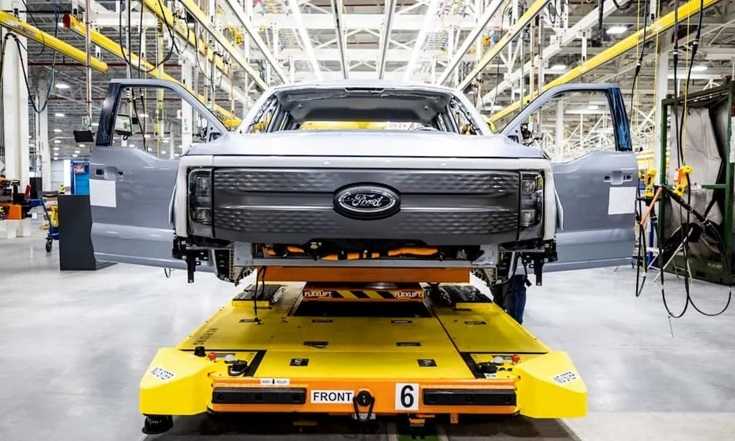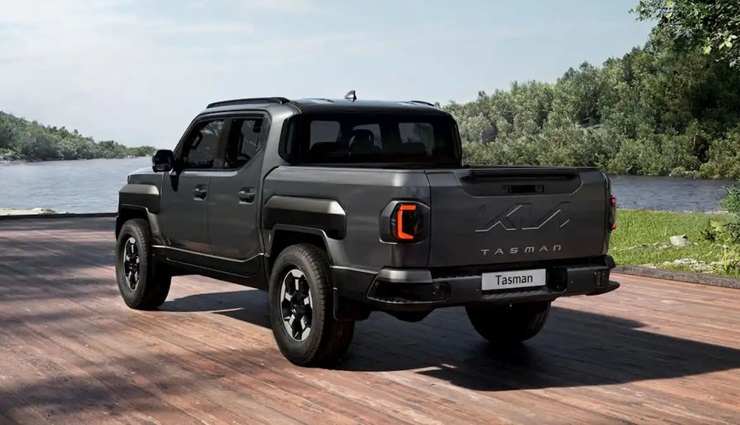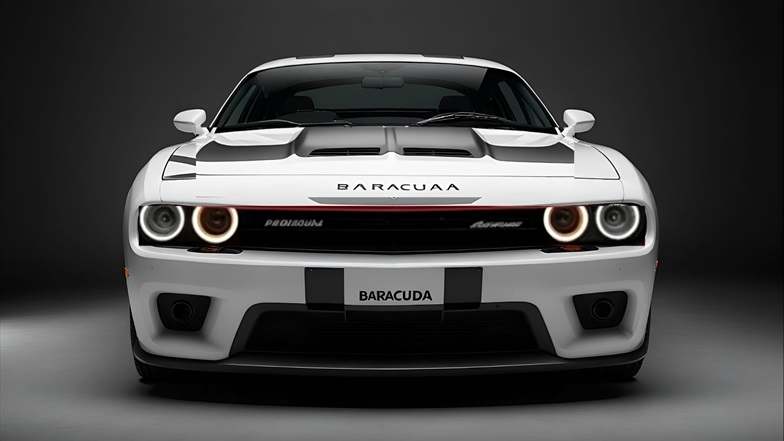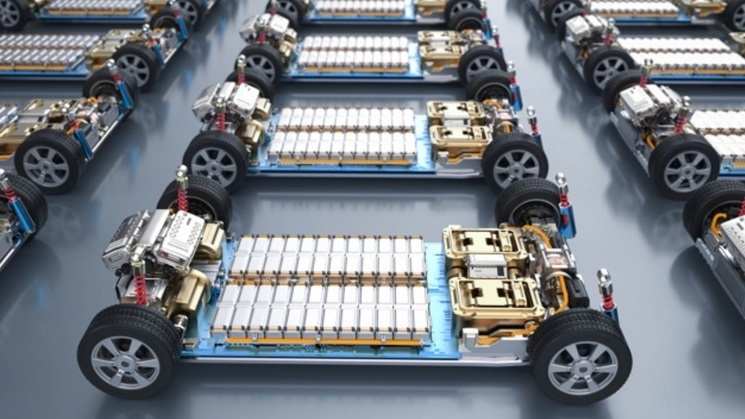In the face of challenges in China and Europe, Ford is shifting its focus to Indonesia, a market ripe with untapped potential for electric vehicles (EVs). The automaker is reportedly planning significant investments in the country, including an EV plant and a $4.5 billion nickel processing project. This move underscores Ford’s strategy to leverage Indonesia’s abundant resources and growing demand for EVs.

Why Indonesia? A Market Full of Promise
Indonesia offers a unique combination of opportunities for automakers like Ford. The country boasts the world’s largest nickel reserves, a critical component in EV batteries. Indonesia produces over 20% of the global nickel supply, positioning it as a vital player in the EV supply chain.
In addition to its rich resources, Indonesia’s strategic location near South Asian markets and its relatively low car ownership rates make it an attractive destination for investment. The government is actively courting automakers, promoting its vast market size and economic potential.
Deputy Industry Minister Faisol Riza highlighted this during a recent event in Jakarta, stating, “We aim for all manufacturers to establish factories in Indonesia because of their high social and economic impact, particularly in job creation.”
Ford’s Presence in Indonesia
Ford’s relationship with Indonesia dates back decades, but it exited the market in 2016. The automaker returned in 2022, partnering with Bangkok-based RMA Group to reintroduce vehicles like the Ranger pickup truck and Everest SUV. Although sales remain modest, with just 664 units delivered this year, Ford is betting on EVs to drive growth.
Indonesia is not just a market for selling cars; it’s also becoming a key hub for EV production. Ford’s planned factory aligns with the government’s push for local EV manufacturing, which includes ambitious content requirements. By 2026, Indonesia aims for locally-produced battery electric vehicles (BEVs) to contain 40% local components, increasing to 80% by 2030.
Ford’s Nickel Venture: A Step Toward EV Battery Dominance
Ford’s interest in Indonesia goes beyond just selling EVs—it’s about securing its place in the global battery supply chain. In 2022, Ford partnered with mining giant Vale and China’s Zhejiang Huayou Cobalt Company on a $4.5 billion nickel processing facility in Sulawesi.
This project, expected to begin operations in 2026, aims to produce up to 120,000 tonnes of nickel intermediate product annually. This material is crucial for EV battery cathodes, giving Ford a significant advantage in controlling the supply chain for its future EV models.
Ford’s Global Challenges: Losing Ground in China and Europe
While Ford sees Indonesia as a bright spot, it’s facing significant challenges in other major markets.
- China: Ford has been losing market share in the world’s largest auto market, where domestic brands like BYD dominate the EV sector.
- Europe: The company is undergoing massive job cuts as it struggles to compete in a rapidly electrifying market.
Indonesia represents a chance for Ford to regain momentum by tapping into a growing market while also securing resources critical for its EV ambitions.
Indonesia’s EV Ambitions: A Win-Win for Automakers and the Economy
Under President Prabowo Subianto, Indonesia is doubling down on its EV strategy to boost economic growth and create jobs for its young workforce. The government is negotiating with global automakers like Ford and Volkswagen to establish local factories, emphasizing the social and economic benefits of such investments.
The country’s nickel resources give it a competitive edge in attracting automakers, while policies like increasing local content requirements aim to build a robust domestic EV industry.
Ford vs. Other Automakers in Indonesia
As Ford gears up for its EV push in Indonesia, it’s entering a competitive landscape. Here’s a comparison of key players and their strategies:
| Automaker | Key Investments | Focus in Indonesia |
|---|---|---|
| Ford | $4.5B nickel processing project; EV plant | Leverage nickel resources for EV batteries |
| Volkswagen | Ongoing negotiations for local factories | Tap into growing EV demand in Southeast Asia |
| Hyundai | Existing EV production facility | Pioneer in Indonesia’s local EV manufacturing |
| Tesla | Talks with the government for investment | Potential EV and battery production hub |
What This Means for Ford’s Future
Ford’s decision to invest in Indonesia aligns with its broader strategy of securing critical EV resources and expanding into high-growth markets. By setting up an EV plant and nickel processing facility, the automaker positions itself to compete not only in Indonesia but across the rapidly electrifying Southeast Asian region.
However, this move is not without risks. Competing against established players like Hyundai and navigating Indonesia’s evolving regulations will require a strategic approach.
A Bold Move Toward Growth
Ford’s foray into Indonesia highlights its commitment to EV expansion and resource security. By leveraging Indonesia’s nickel wealth and emerging market potential, Ford aims to counterbalance challenges in China and Europe.
While the road ahead is uncertain, one thing is clear: Indonesia is poised to play a pivotal role in shaping Ford’s electric future. For the automaker, this is more than an investment—it’s a chance to lead the charge in the next phase of global EV growth.
PEOPLE WHO READ THIS, ALSO READ




